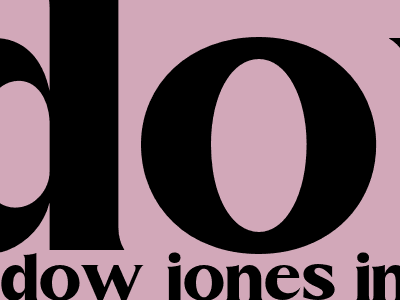
Dow Jones Industrial Average Index Futures: What You Need to Know
Introduction
The Dow Jones Industrial Average (DJIA) is a stock market index that measures the performance of 30 large, publicly owned companies listed on the New York Stock Exchange and the Nasdaq. It is one of the most widely followed stock market indices in the world, and its movements are often seen as a barometer of the overall health of the US economy.
DJIA futures are contracts that allow investors to bet on the future direction of the DJIA. They are traded on the Chicago Mercantile Exchange (CME) and can be used to hedge against risk or to speculate on the market.
How Do DJIA Futures Work?
DJIA futures are based on the underlying value of the DJIA. When the DJIA goes up, the futures price will also go up. Conversely, when the DJIA goes down, the futures price will also go down.
DJIA futures are traded in contracts that represent a specific number of shares of the underlying index. Each contract is worth $100 times the DJIA index level.
For example, if the DJIA is at 30,000, each DJIA futures contract will be worth $3,000,000.
Who Trades DJIA Futures?
DJIA futures are traded by a variety of investors, including hedge funds, mutual funds, and individual traders. They can be used for a variety of purposes, including:
- Hedging risk: Investors can use DJIA futures to hedge against the risk of their stock portfolio losing value.
- Speculating on the market: Investors can use DJIA futures to speculate on the future direction of the stock market.
- Taking advantage of arbitrage opportunities: Investors can use DJIA futures to take advantage of arbitrage opportunities between the futures market and the cash market.
Benefits of Trading DJIA Futures
There are a number of benefits to trading DJIA futures, including:
- Leverage: DJIA futures offer investors leverage, which means they can control a large amount of capital with a relatively small investment.
- Liquidity: DJIA futures are one of the most liquid futures contracts in the world, which means they can be easily bought and sold.
- Transparency: DJIA futures are traded on a regulated exchange, which provides transparency and protection for investors.
Risks of Trading DJIA Futures
There are also a number of risks associated with trading DJIA futures, including:
- Volatility: DJIA futures can be volatile, which means their price can fluctuate rapidly.
- Margin calls: If the price of DJIA futures moves against you, you may be required to post additional margin or liquidate your position.
- Losses: You can lose money trading DJIA futures.
Conclusion
DJIA futures are a complex and volatile financial instrument. Before you trade DJIA futures, it is important to understand the risks involved and to have a sound trading plan.